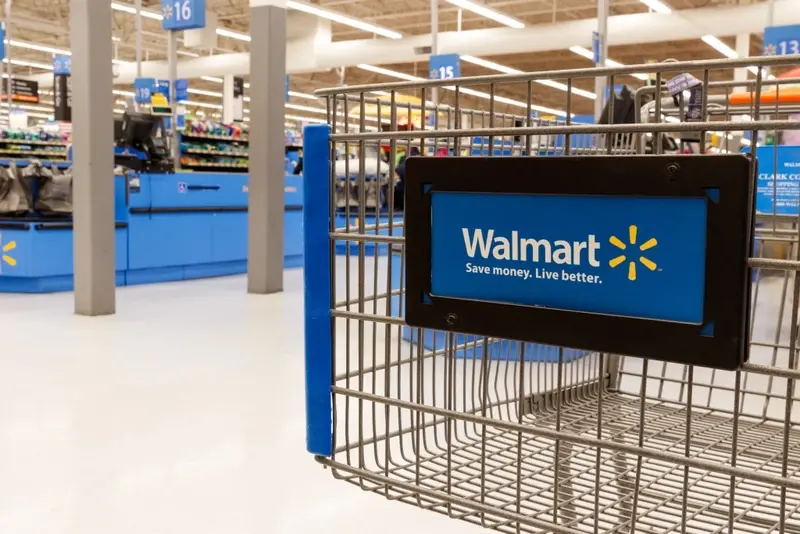
Joe Biden and Boris Johnson believe Russia will strike out at Ukraine ‘within days’, and the threat of imminent war in Europe has rocked markets around the world, including the US.
Oil and gold prices rallied over the past week, but experts are urging retail investors against panic selling into falling markets given that history shows geopolitical fallouts rarely trouble equity markets for long.
But while the potential conflict dominates much of the market mood, inflation threats have certainly not gone away. The Fed continues to signal a tightening cycle, and many economists expect the regulator to raise interest rates at each of its meetings this year.
It is no wonder RBC Wealth Management has been telling investors to rethink expectations and anticipate ‘periodic bumps in the road’.
You might have expected the tech and small cap indices to struggle most in this environment yet it was the long-standing Dow Jones Industrial Average that saw the biggest sell-off over the past week, presumably because most of its constituents are international and therefore face bigger problems during times of conflict.
But perhaps Charlie Munger had something to do with it, Warren Buffett's number two at Berkshire Hathaway. He has again thrown his backing behind tech heavyweights, such as Apple, Microsoft and Alphabet, slammed short-term traders, blasted cryptocurrencies, and praised China at Daily Journal's annual meeting, where he has served as chairman since 1977.
WALMART
The world's biggest retailer by sales has had to deal with quite a lot lately, with soaring cost of living whacking consumers in the wallet and its own supply chain costs surging, jumping $400 million above its own expectations in the fourth quarter.
Yet shares in the supermarket chain surged 4% after Walmart reported better-than-expected quarterly results on 17 February. Walmart earned an adjusted $1.53 per share, $0.03 above estimates, issued an upbeat forecast, and announced an increase in its dividend.
The company said it was on track to hit its 2023 financial targets, expecting US comparable-sales growth of above 3%, and also plans to repurchase $10 billion of its own stock in fiscal 2023.
ROBLOX
One of the rising stars of the gaming industry, Roblox has found the high bar set for it by investors hard to live up to since hitting a record $134.72 share price in November 2021, and it isn't getting easier.
The stock endured its worst single day fall on 16 February since it began trading as a public company in March last year, crashing 26.5% to $53.87. That plunge was sparked by a fourth quarter loss of $0.25 a share and bookings of $770.1 million. That was a far cry from Q3, when the stock shot up 42% on the day after the company reported strong results despite a three-day outage around Halloween.
Making money gets harder as ‘once stuck-inside kids and teens are now spending weekdays off their devices and out in the real world,’ said one analyst, capturing the reopening mood and challenge facing Roblox.
DEERE & CO
Something of an agri-industrials bellwether, Deere & Co on 18 February reported better-than-expected fiscal first-quarter earnings despite a staff strike in October and November compounding the agricultural equipment maker's supply chain challenges.
Deere's tech-heavy tractors and other farm and construction equipment mean it gets closely watched by investors, much like its heavy equipment contemporary Caterpillar, which warned in January that its margins in the current quarter could take a hit from higher production and workforce costs.
Deere now sees full-year sales of $6.7 billion to $7.1 billion, up from its late November guidance of $6.5 billion to $7 billion. Before the Q1 earnings report, analysts forecast 2022 revenue of $6.87 billion.




